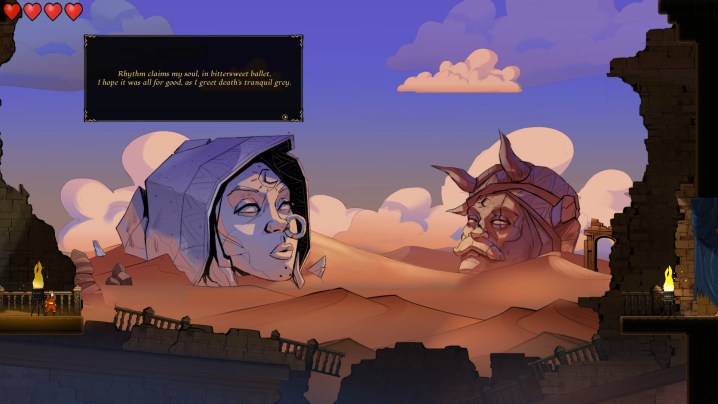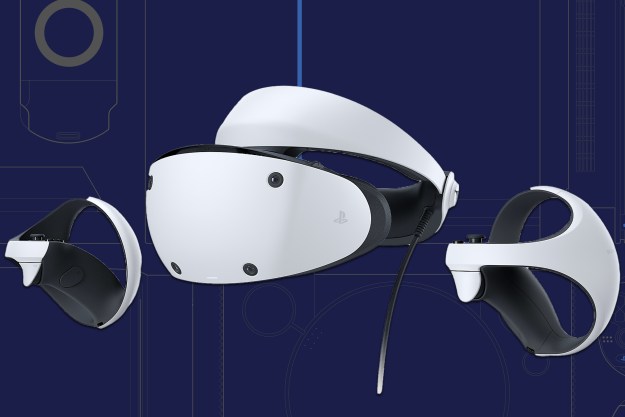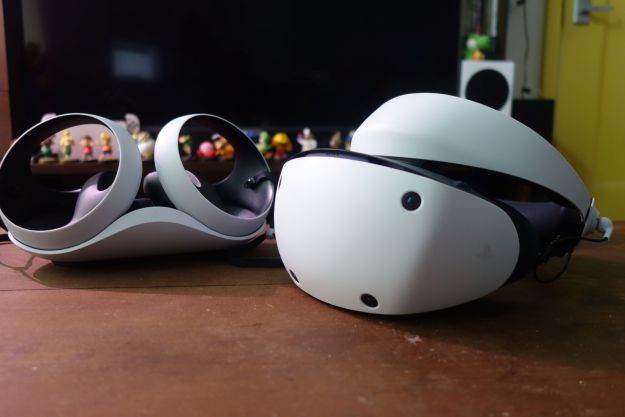
The video game industry is changing. As financial growth stagnates, companies like PlayStation have experimented with ways to adapt as markets and trends change. Where it was once able to rely on its first-party blockbusters to build and maintain an audience, it is looking more likely that it will need to invest in new strategies to prepare for the ways the industry is shifting. We see this with a bigger push into live-service and mobile games, but there’s another initiative that isn’t going to pay dividends in the near future but could set the groundwork for future success: the Hero Project.
Sony’s Hero Project isn’t a widely publicized or highlighted initiative — even by PlayStation. Still, it’s something every PlayStation owner should be aware of. It has the potential to be its secret weapon in the long run.
The world needs heroes
PlayStation’s Hero Project is currently in its fourth iteration. Beginning in 2016, it kicked off with three rounds of the China Hero Project and has currently expanded to include the India Hero Project. The goal of these initiatives is to allow game developers from said countries to pitch their games directly to a special PlayStation committee. If accepted, Sony will then offer the team support with finances, technologies, marketing, and occasionally publishing.
A few notable titles to come out of these projects include F.I.S.T.: Forged In Shadow Torch and Anno: Mutationem, and the upcoming Lost Soul Aside. The five titles chosen from the India Hero Project were just revealed last month as Meteora: The Race Against Space Time by Big Boot Games, Fishbowl by imissmyfriends, Mukti, by Underdogs Studio, Requital: Gates of Blood by Holy Cow Productions, and Suri: The Seventh Note by Tathvamasi.
One look at these latest titles — or any of the previous Hero Project selections — shows just how valuable these new voices are to the medium. From Mukti‘s examination of human trafficking to Suri: The Seventh Note’s foundation in India’s rich mythology, these are experiences that couldn’t come from anywhere else.

While those titles may sound niche, we’ve seen a growing mainstream interest in games from emerging markets over the years. Take projects coming out of Korea, for instance. Last year’s Lies of P received near universal acclaim, and the upcoming Stellar Blade has been pushed by PlayStation in multiple showcases and has had a wildly successful demo. Players seem more open than ever to diverse projects, and Sony is right to chase hits like that.
While we have yet to see most of these projects come to market, they could become PlayStation’s savviest investment. By getting a foothold and building relationships with these new studios that show a lot of potential in entirely new markets, it puts Sony in a perfect position to be a leader in those regions. But everyone involved stands to gain from the Hero Project.
Fledgling developers are the most clear beneficiaries here. Small teams in countries where gaming isn’t so ubiquitous have a much more difficult time in every aspect of development. Access to tools could be limited, and getting funding or help marketing is hard even for mid-sized teams. A program like this helps highlight and elevate creators who have the drive and passion to make something special, but just need some help bringing it to an audience who will appreciate it.
What’s more, getting games from regions such as China, Korea, and India allows for fresh perspectives and new cultural influences in games that would be impossible to get otherwise. We need more voices from diverse backgrounds and cultures in games, and this is just one small step toward a truly inclusive industry.
While there are occasional breakout hits, investing in indies is not something massive publishers do for financial reasons. PlayStation’s Hero Project, and Xbox’s similar Accelerator program, aren’t going to move consoles or have a meaningful impact on financials. They may not even earn back as much money as was invested in them. The value is in the relationships that are made for future partnerships in these regions and what these teams might do next. PlayStation is investing early in as many potential markets as possible in hopes that they bear fruit with future endeavors.
While that future is still uncertain, for now there are small teams getting a chance to show their games to the world that otherwise might not be possible. That’s a win, no matter how little it seems.
Editors' Recommendations
- You can play this 2018 open-world hit for free if you have PlayStation Plus
- If you’re not using PlayStation Stars, you’re missing out
- I was a PlayStation Portal hater. Now it’s one of my go-to gaming devices
- You need to try PlayStation VR2’s most psychedelic game yet
- PlayStation lays off 900 people and shuts down London Studio



